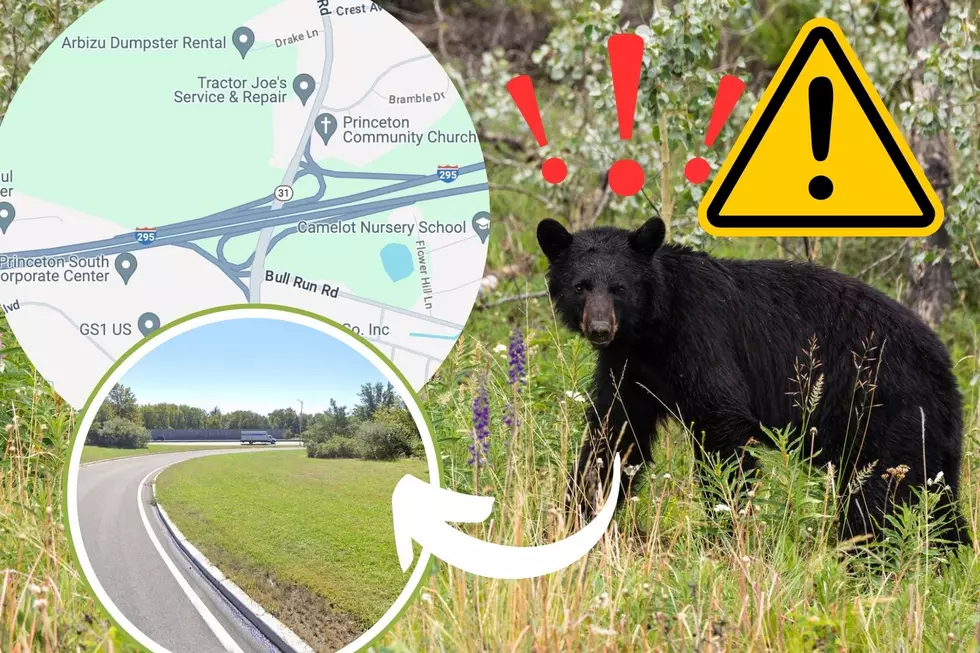
This NJ City Says Stop Feeding Feral Cats
If you're a fellow animal lover, this law may be hard to follow.
Burlington NJ officials are reminding residents to refrain from feeding feral cats, according to Shore News Network. Apparently doing so is illegal there.
Burlington City Ordinance 81-61 states:
-No person shall keep an animal on a property in a manner that causes one or more of the following: unsanitary conditions; infestation by insects or rodents; physical conditions that endanger the health or safety of humans.
-No person shall maintain or feed any animal, domesticated or wild, in a manner that causes one or more of the following: unsanitary conditions; infestation by insects or rodents; physical conditions that endanger the health or safety of humans.
-Community cat colonies shall be permitted, and caregivers shall be entitled to maintain them, in accordance with the terms and conditions of this article.
In other words, feeding feral cats can lead to increased infestation, and proximity to them can result in illnesses or disease transmitted to pets and humans.
But if you still want to help, either by considering taking a cat in, or utilizing a TNR (Trap-Neuter-Return) program, be careful, and know the difference between a feral cat and stray cat.
According to Alleycat.org, the difference between feral cats and stray cats is that feral cats are essentially wild animals, and their chances of being successfully domesticated are slim to none. Feral cats have never had human interaction are not adoptable. They're best suited for living outdoors. Feral kittens, however, are young enough to be socialized and domesticated.
But again, in the interest of health and safety... and not getting fined, it's best follow the law.
The Best Diners in New Jersey
Here are the best New Jersey diners according to a PST Poll:
More From 94.5 PST









